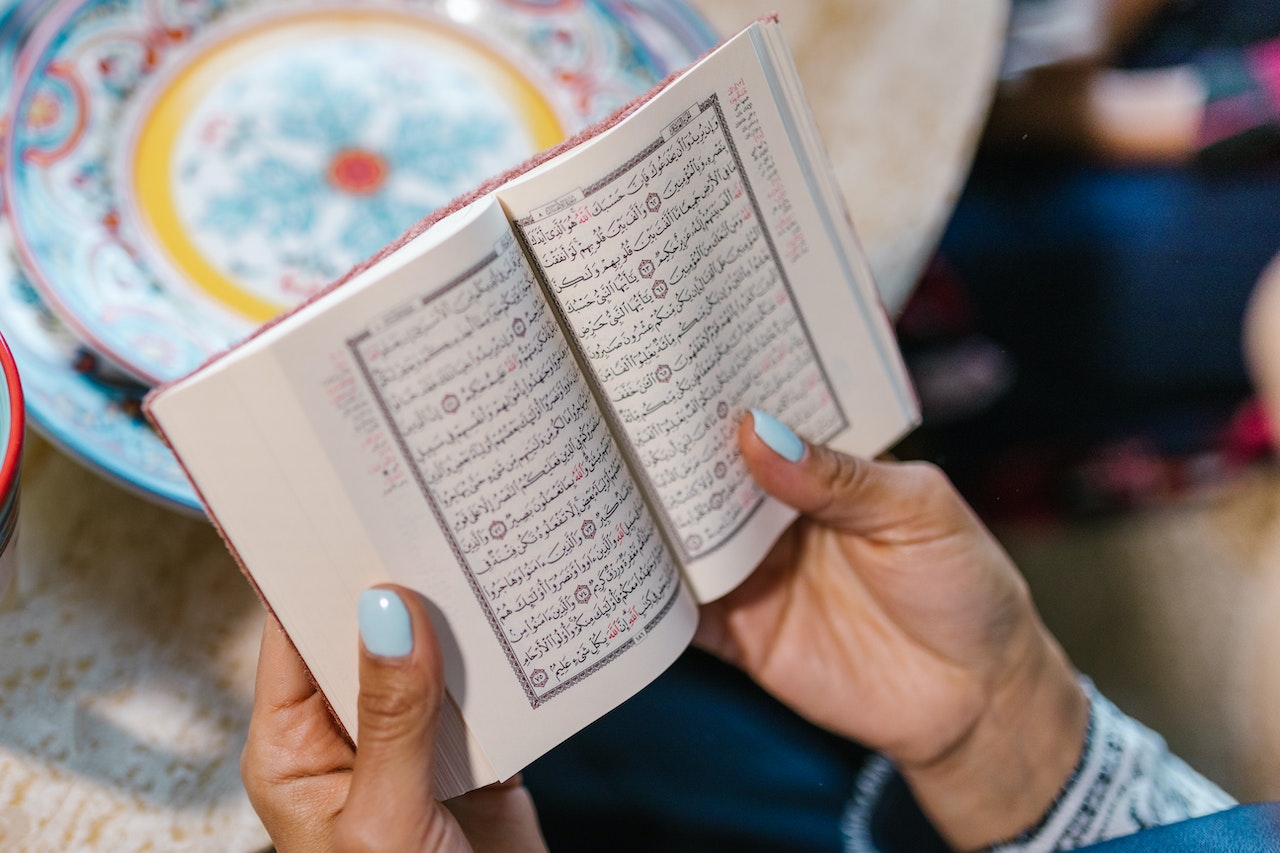Ramadan is a time when Muslims fast from dawn until sunset and engage in acts of worship, including reading and studying the Quran. This is why it is an important time of the year.
Ramadan is the perfect opportunity to deepen your understanding of the Quran and its teachings, and to develop a closer relationship with Allah.
Learning about the Quran during Ramadan is not only a religious obligation, but also a way to enrich your spiritual life and connect with your community. Here are some tips to help you make the most of this special month:
Make a plan
The first step in learning about the Quran is to make a plan. Decide how much time you can dedicate to reading and studying the Quran each day, and set realistic goals for yourself. You can also consider joining a Quran study group or attending lectures at your local mosque.
Read the Quran
During Ramadan, Muslims are encouraged to read the entire Quran, which consists of 114 chapters (surahs) and 6,236 verses (ayahs). You can break it down into smaller parts and read a few pages each day. It’s also important to reflect on the meaning of the verses and how they apply to your life.
Listen to recitations
Another way to learn about the Quran is to listen to recitations. Many mosques and Islamic centers offer taraweeh prayers during Ramadan, which are special prayers where the entire Quran is recited over the course of the month. You can also find recitations online or on mobile apps.
Study tafsir
Tafsir is the study of the Quranic commentary and interpretation. You can learn more about the Quran by studying tafsir, which can help you understand the historical context, linguistic nuances, and deeper meanings of the verses. Many scholars have written tafsir books, and there are also online resources available.
Memorize verses
Memorizing verses from the Quran is another way to deepen your understanding and strengthen your connection to Allah. You can start by memorizing shorter verses and then gradually working your way up to longer ones. There are also apps and websites that can help you with memorization.
Reflect on your progress
Finally, it’s important to reflect on your progress and the lessons you’ve learned during Ramadan. Take time to evaluate how you’ve grown spiritually and how you can continue to learn and grow in the future.
Studying the Quran during Ramadan is a rewarding and enriching experience. By making a plan, reading the Quran, listening to recitations, studying tafsir, memorizing verses, and reflecting on your progress, you can deepen your understanding of Islam and develop a closer relationship with Allah.
Read more about tafsir of the Quran here.






